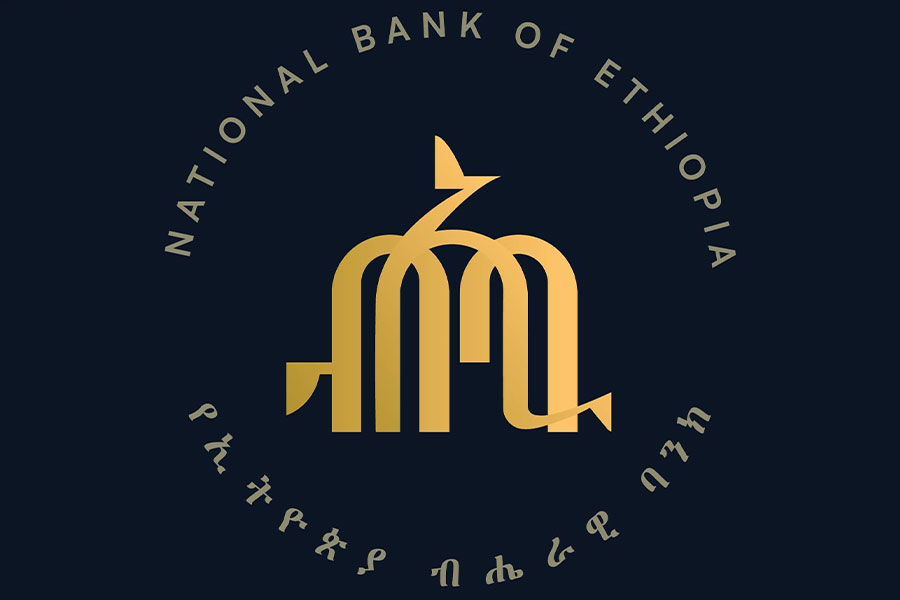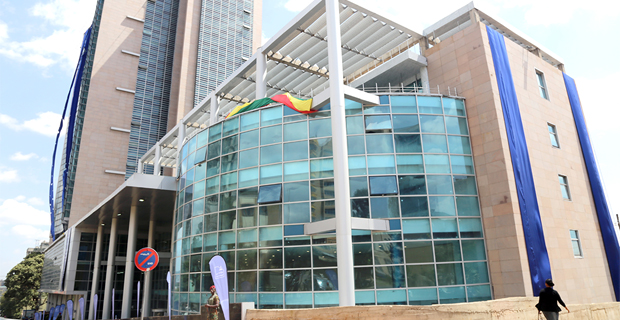
Agro-processers have started buying soya beans from a special window established at the Ethiopian Commodity Exchange (ECX). The window enables the manufacturers to get the legume from the central market.
The window, which started operations last week, trades three days a week. Mondays and Wednesdays are regular trading days for the agro-processing exchange with the third-day rotating between Thursday and Friday from one week to the next. Soya bean buyers who engage in export will be allowed to make purchases twice a week. Tuesdays will be the regular day for exchange with the second day alternating similarly between Thursday and Friday.
The special window will accommodate up to 200 buyers at a time. So far, 10 agro-processors have been registered to buy soya beans from the centralised market platform. For the exchange of soya beans to processers, ECX has established market centres in Humera, Hawassa and Neqemte in addition to the capital. Three more centres in Adama, Jimma and Gonder are expected to be established soon.
The Ministry of Trade & Industry is mandated to assess the needs of agro-processors for soya beans based on their production capacity and to regulate the amount of soya beans they can buy from the centralised market.
The establishment of the window aims at promoting agro-processing with the end goal of import substitution, according to Bereket Meseret, trading operations manager at ECX, which was established in 2008 to create and strengthen connections between buyers and sellers.
The supply and demand for soya beans might not be at equilibrium due to limited production, according to Bereket. To tackle this, the ECX has decided to increase the price of soya beans that are sold to agro-processors by 20 dollars a tonne. The price for exporters remains the same less what the processers will pay.
"The higher profit margins will entice suppliers to sell their soya beans to agro-processers rather than exporters," said the manager.
Since it started trading soya beans two years back, the ECX has so far transacted 150,000tn of the legume. Last week, two processers, Rich Land and Ronghi Ethiopia, bought 352tn of soya beans with a value of 5.7 million Br via the new special soya bean window.
Agro-processers are competing heavily for soya beans, searching for suppliers across the market, including directly from the farmers and traders. This in turn drives up the price. During the past fiscal year, two million quintals of soya beans were produced, of which 1.5 million quintals were exported.
"The window is also beneficial," he said. "It'll curb price variations, purchase cancellations, and informal purchase agreements."
Even if the establishment of the special window for processers is a good initiative, the government should not undermine the export sector, because it is significant in generating foreign currency, according to Zelalem Aychew, general manager at Worku Aytenew Import, Export, Transport & Construction Plc. The firm is engaged in the edible oil manufacturing business and the export of soya beans among other ventures.
Zelalem, whose company is establishing an edible oil factory for three billion Birr in Debre Marqos, is concerned about the price increase. He argues that localities for market centres have to be given sufficient attention since the centralised trading system might inconvenience processers in terms of transportation costs.
Yared Sertse, an agro-processing consultant, expressed his misgivings, saying that in the absence of sufficient soya bean production, a few industry giants might monopolise the minimal soya bean supply. He recommends private sector engagement in contract farming to increase productivity and production.
"ECX should make certain of the quantity of soya bean production and organise it into categories earmarked for food, agro-processing, and exports, respectively," he said. "Soya bean trading via ECX should be optional rather than mandatory, because it may undermine competition."
The expert argues that the sustainable and dependable method needed is private sector supply chain integration with producers and smallholders, because it is based on a natural competitive edge wherein businesses compete through economies of scale.
Yared, who acknowledges that the establishment of the window will be beneficial in terms of search cost reduction, product quality, payment, and grading systems, urges the government to prioritise the expansion of soya bean productivity.
“The trading system should also be digitised,” he said.
PUBLISHED ON
[ VOL
, NO
]

Radar | Jul 13,2019

Radar | Aug 21,2023

Radar | Feb 26,2022

Commentaries | Dec 25,2018

Radar | Nov 20,2021

Fortune News | Sep 08,2019

Radar | Apr 06,2019

Radar | Jan 28,2023

Fortune News | Feb 26,2022

Radar | Mar 14,2020

Dec 22 , 2024 . By TIZITA SHEWAFERAW
Charged with transforming colossal state-owned enterprises into modern and competitiv...

Aug 18 , 2024 . By AKSAH ITALO
Although predictable Yonas Zerihun's job in the ride-hailing service is not immune to...

Jul 28 , 2024 . By TIZITA SHEWAFERAW
Unhabitual, perhaps too many, Samuel Gebreyohannes, 38, used to occasionally enjoy a couple of beers at breakfast. However, he recently swit...

Jul 13 , 2024 . By AKSAH ITALO
Investors who rely on tractors, trucks, and field vehicles for commuting, transporting commodities, and f...

Nov 1 , 2025
The National Bank of Ethiopia (NBE) issued a statement two weeks ago that appeared to...

Oct 25 , 2025
The regulatory machinery is on overdrive. In only two years, no fewer than 35 new pro...

Oct 18 , 2025
The political establishment, notably the ruling party and its top brass, has become p...

Oct 11 , 2025
Ladislas Farago, a roving Associated Press (AP) correspondent, arrived in Ethiopia in...